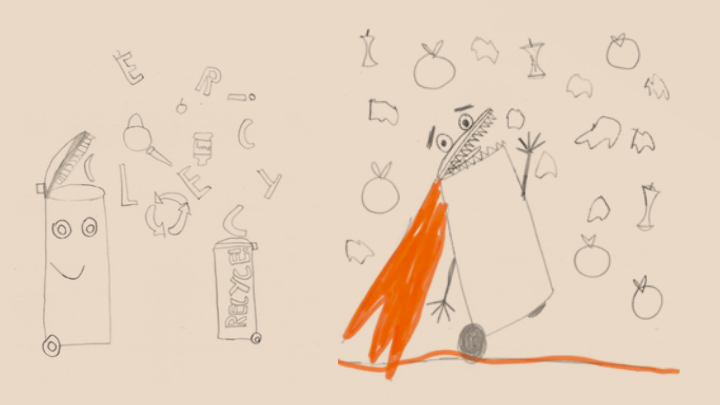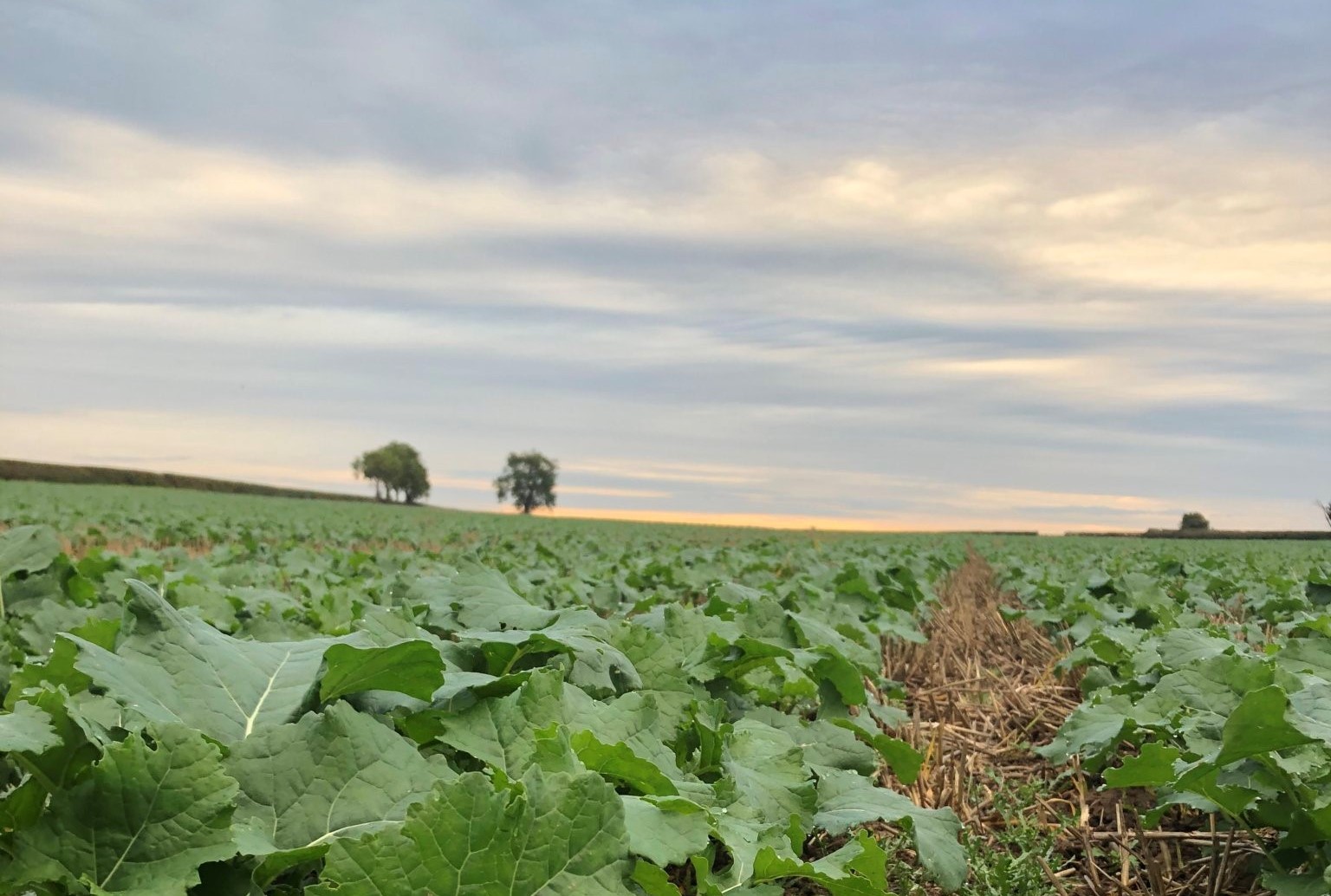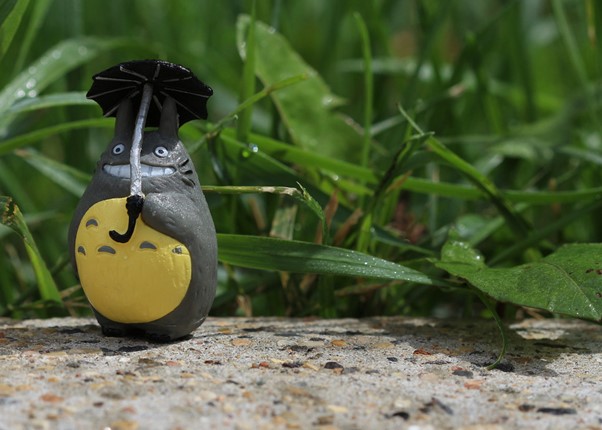Children are the next generation and it is important they are well informed so they can make sustainable decisions. Our previous work highlighted that consumers are typically confused and lack…Read More >
sustainability
A common framework for Global Agricultural Sustainability Assessments
As an industry that occupies 36.5% of global land mass agriculture plays a key role in how the natural world is managed. It also supplies the food we need to…Read More >
How Studio Ghibli films can help us rediscover the childlike wonder of our connection with nature
Films with powerful environmentally centred narratives can transform our thinking and connect us with nature in ways that scientific papers cannot. For example, Studio Ghibli, a renowned Japanese film studio co-founded by animator Hayao…Read More >
How will we get to carbon net zero as individuals and a society?
As the third of four all-staff talks we held in the run-up to the COP26 Summit in November 2021, this blog includes a presentation by Professor Kathy Pain (Real Estate…Read More >
Sorry Boris Johnson, the UK will not become the Qatar of hydrogen
“Britain will become the Qatar of hydrogen,” Boris Johnson declared as the government laid out its 368-page strategy for reaching net zero emissions by 2050. It sounds magnificent, but what…Read More >
Understanding why people behave sustainably
Through our daily living practices, almost all of us contribute to global environmental change. For example, households in the UK emitted an average of 9.8 tons of CO2 equivalent in…Read More >
Campus Commerce: Menus of Change research and the living lab
We are all aware of the negative aspects of the pandemic and for us these were largely things we couldn’t change. However, for us in Campus Commerce, as we were…Read More >
HortQFLNet: Ensuring continuity of research in horticultural crop quality and postharvest food loss
It is estimated that one third of food produced globally is wasted before it is consumed. In the UK, this equates to >15 million tonnes of food and drink annually;…Read More >
Building on the positives – the Impact of housing design and placemaking during lockdown
When COVID struck, our homes became our offices, schools and gyms. But for many people living without gardens and sometimes even natural light, the conditions were grim. Here, Professor Flora…Read More >




